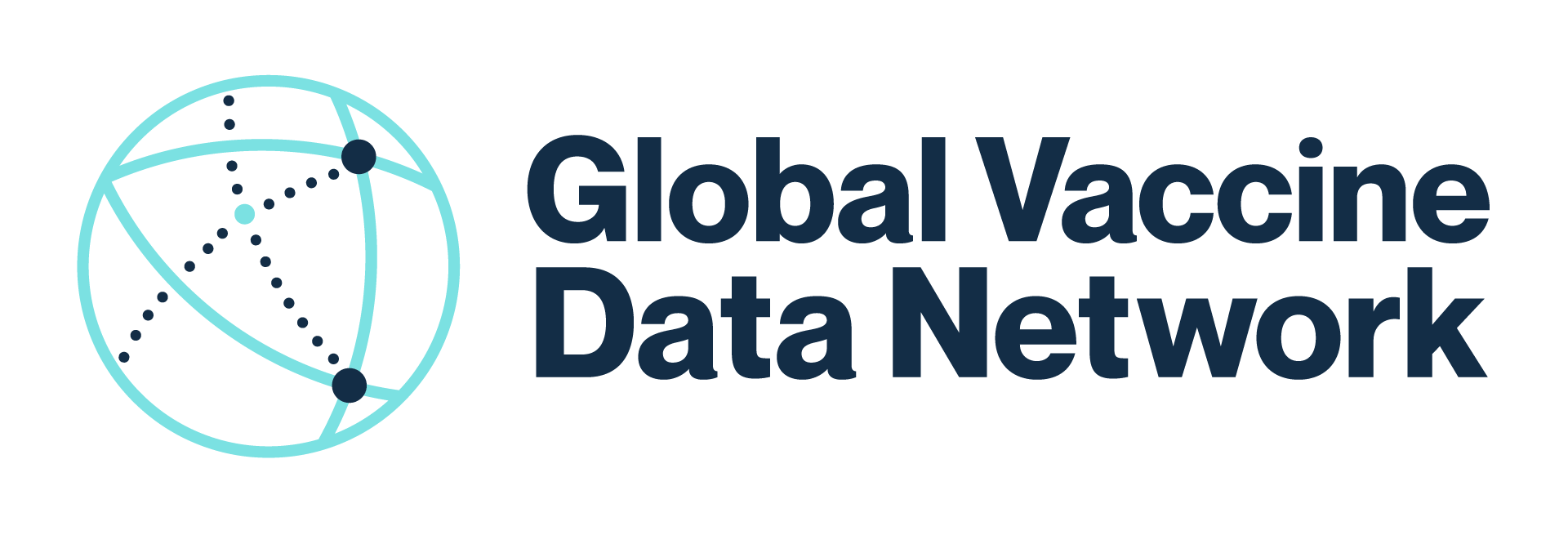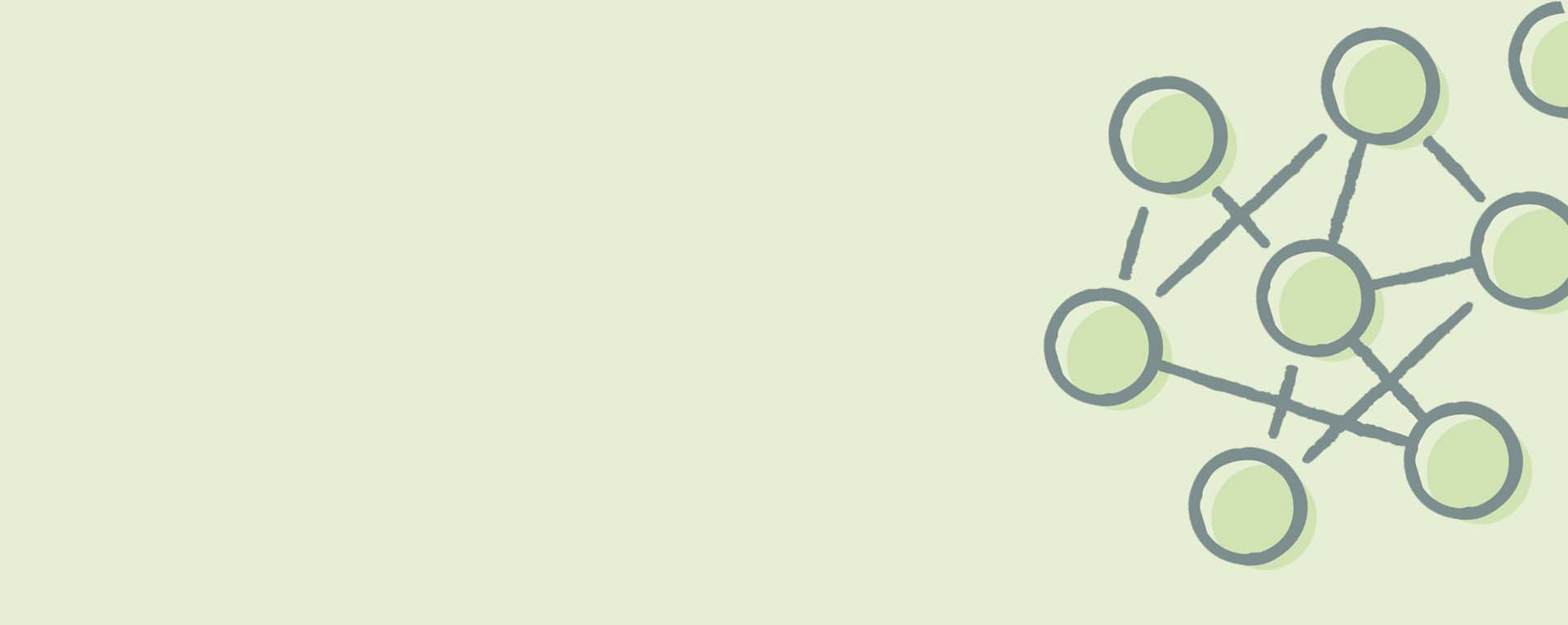In the last decade we have also seen the proliferation of vaccine safety scares promulgated widely through the internet and social media. Several such scares have derailed the polio vaccination program and other important vaccination programs including measles vaccination in the UK and HPV vaccination in Japan. Safety concerns, whether real or perceived, can spread beyond borders and severely interrupt successful vaccination programs. In 2019, the World Health Organization (WHO) identified 'Vaccine hesitancy' as one of the top ten threats to global health.
The WHO provides resources for immunisation programmes, health agencies, and immunisation providers that explain how people make decisions around vaccination, why some people are hesitant about vaccination, the role of communication to address these, and a step-by-step guide on how to communicate vaccine safety in order to build and sustain vaccination trust. Reports from the WHO Strategic Advisory Group of Experts on Immunization (SAGE) vaccine hesitancy working group in 2014 are also available on the Improving vaccination demand and addressing hesitancy webpage.
However, while vaccine hesitancy and anti-vaccine communication have become global and resources to address these issues have been developed, the ability to respond to such concerns has remained largely fractured without coordination between countries.
With increasing use of large-linked health databases in many countries of the world and multi-country collaborations, it is now possible to standardise approaches and rapidly evaluate rare vaccine safety concerns through initiatives such as the Global Vaccine Data Network™.

